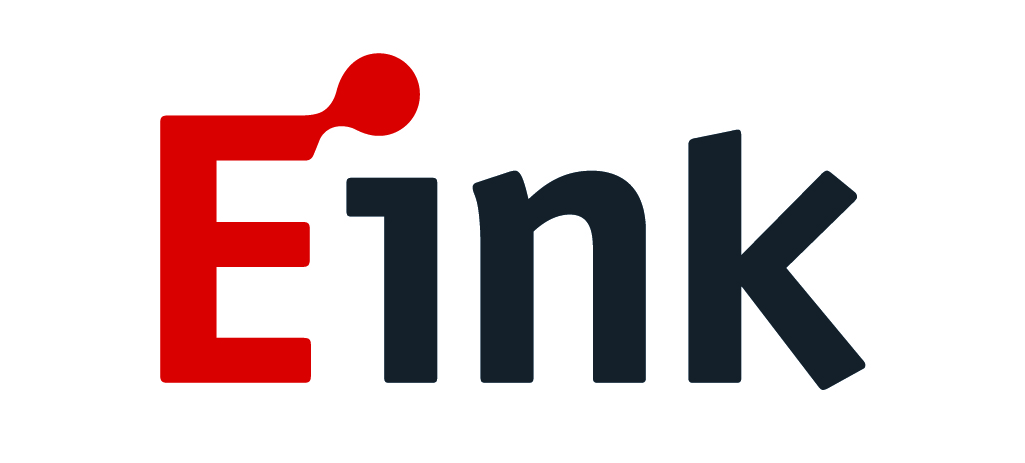
Flexible displays have been discussed for years, but product designers were unable to bring their visions to the market due to limitations in TFT manufacturing on non-glass substrates. After many years of R&D, E Ink has launched E Ink Mobius, the first plastic-based TFT product offered in mass production.
For an end customer, a flexible display has several benefits outside of the flexibility of the display itself. Plastic-based TFTs allow the end product to be substantially lighter and thinner than products using glass-based TFTs. In addition, glass-based TFTs can be fragile; use of plastic-based TFTs can result in a more rugged end product with less breakage in the electronics due to drops or stress tension.
The weight savings with plastic TFTs can make a significant difference in the end products' specs: a 12.9" LCD-based display weighs an average of 25.2 ounces (713 g); a 13.3" E Ink display with a plastic TFT and similar internal components can weigh only 12.3 ounces (349 g). As product designers consider utilizing larger displays for eTextbooks and eNewspapers, this weight savings can allow for larger devices to be held easily in one hand and will make a big difference in the weight of a student's backpack.
For applications such as cell phones or hand-held devices, the use of a plastic TFT can be augmented by a layer of unbreakable glass on the front of the display to give stiffness to a device which requires significant touch interaction, but still provides an increased ruggedness. In these types of devices the TFT itself is often the component that fails when dropped, rather than the top plane glass. A plastic TFT can significantly reduce display failure due to those drops.
Applications
E Ink Mobius Displays are ideal for a variety of dynamic content applications including:
See our standard E Ink Mobius modules.